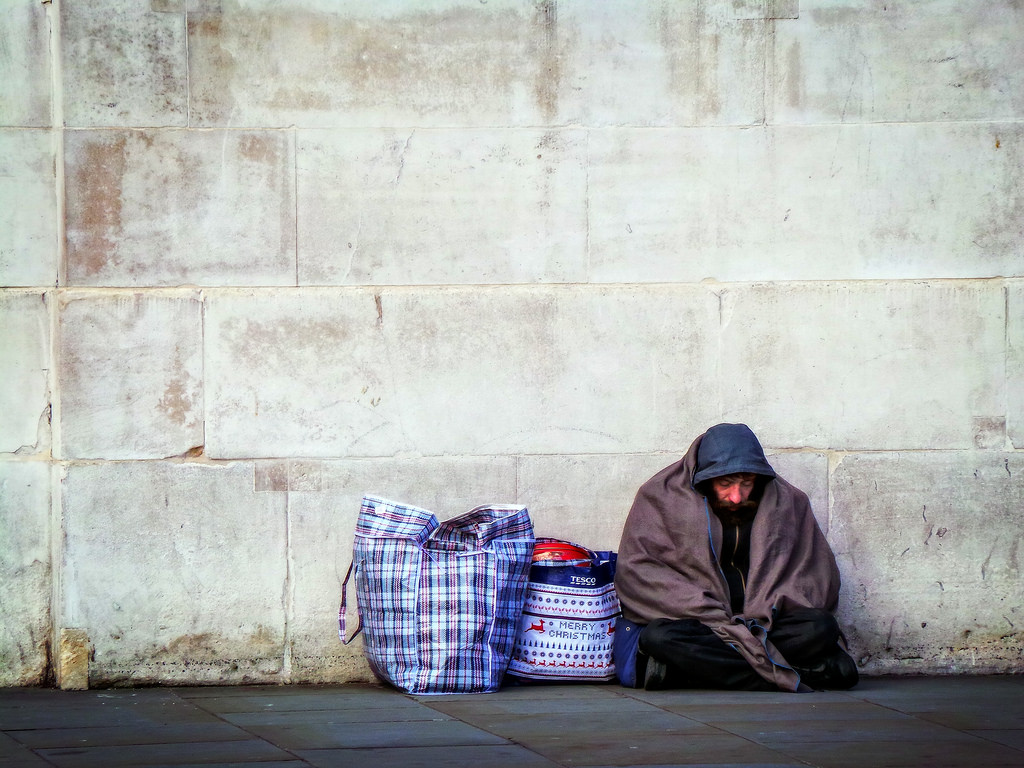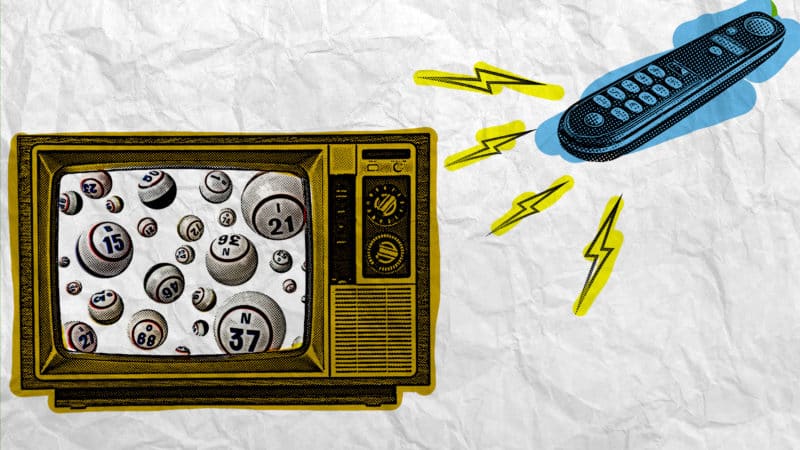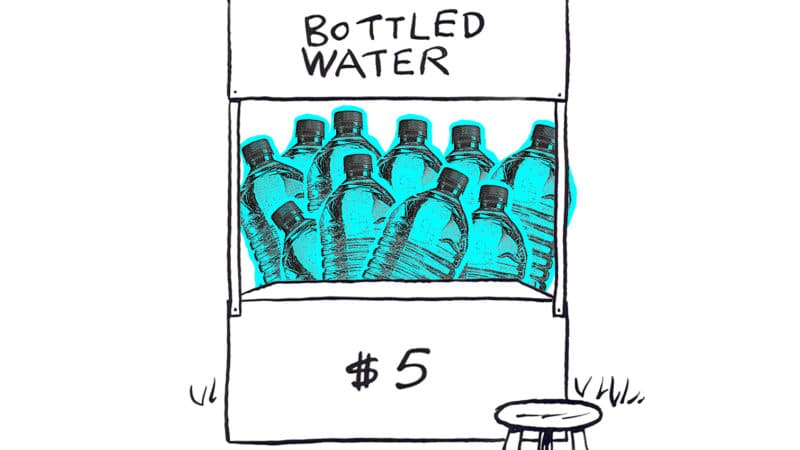By Andrew Fraieli
The word “homeless” holds onto its negative connotation like the people using it hold onto their purses, and their line of sight. Or rather, the word “homeless” has its derogatory connotation thrust upon it like the expectations given to them by the passersby.
“Homeless” is used in common day-to-day language to describe what’s seen as a drunk/crazy/druggie/dirty/lazy bum on the sidewalk asking for change. Someone who probably has a beard; someone who probably smells; someone who must just not be trying hard enough to find a job and is just lazy and letting his habits consume him. But the people that are homeless in the country break far outside that limited scope.
It doesn’t describe the waitress working table after table and can’t afford rent, nor the person who has a job, has an income, has no drug habits or criminal record and is still sitting on the street from foreclosure. This pigeon-hole definition of “homeless” far from covers every person who, for whatever reason, doesn’t have a home.
According to Merriam-Webster’s Dictionary, “homeless” is defined as “having no home or permanent place of residence.” This begs the question of what defines a “home” though.
American law is more specific; Title 42 U.S. Code § 11302 defines homelessness situationally, generally as someone who either “lacks a fixed, regular, and adequate nighttime residence”; sleeps in a place “not designed for or ordinarily used as a regular sleeping accommodation for human beings”; living in a shelter; or who’s loss of housing is imminent.
By this definition, a tenant of a soon to be torn down apartment building is homeless, even if they aren’t on the street yet. But what of someone living in their car?
The scope of the definition is limited in common thought, constricted to the obvious and disdained, and it needs to expand.
With the umbrella-term of “homeless” comes almost an objectification of that stereotypically thought of person; a dehumanizing of someone who might fulfill that stereotype of having an alcohol addiction and being homeless, but also excluding the acknowledgement of others that fall under the definition and do still need help.
A Homeless youth kicked out of their home for their sexuality could be someone on the street. A teen running from abuse at home could be homeless. A lovely, kind person with depression and fell into a rut with alcohol could be that person sitting on the corner, not able to find a way out.
What needs to change is our connotations of being “homeless”, our education on how to help them, and the understanding that they are people.
People sitting on the street encompassing the stereotype of looks could have been a successful photographer and writer in the past, but hit hard times. This could be a person who, in the near future, will land a job as a radio host and never be homeless again.
The point is that this is a person, will difficulties, a past, and — hopefully — a future.



